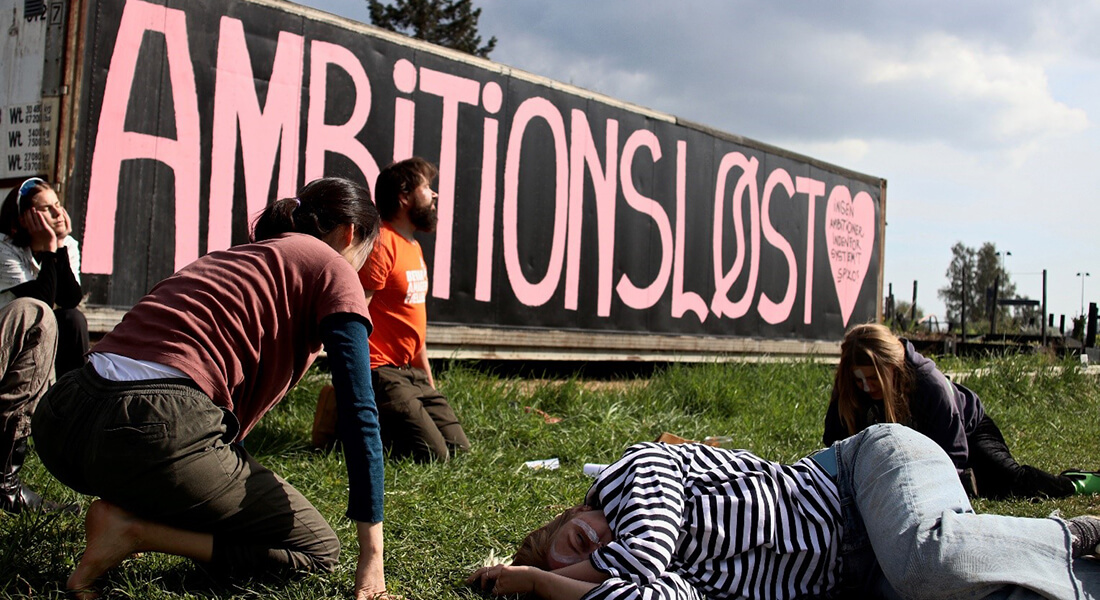Vital Politics: Rethinking Normativity in the Anthropocene (VIPO)
The Vital Politics research project studied how to include the natural world in the justification of political norms, with a special focus on the norms governing democratic decision-making about climate change.

Democratic theory has struggled to respond to the Anthropocene, a new and paradoxical geological epoch in which human activity comes to dominate the Earth System at the same time that nature becomes ever-more resistant to human control. VIPO found resources in the neglected tradition of philosophical vitalism to negotiate this paradoxical condition.
Eschewing the traditional opposition between nature and society, VIPO sought a perspective from which to ground the justification of political norms - understood as shared principles of action - in a larger concern for life itself. To do so, it combined the philosophical practice of genealogy with methods from performance-as-research.
THE PROJECT IS CLOSED
Project period: 2021-2024
Principal Investigator (PI): Lars Tønder
Subproject 1: Norms and Normativity in the Vitalist Tradition
SP1 developed the conceptual tools of vitalist normativity, showing how the entanglements of human beings and the natural environment exhibit a concern for life itself. Drawing upon philosopher of science George Canguilhem’s ideas of biological and social normativity, SP1 clarified the basic conditions under which such a concern becomes possible.
Subproject 2: Vitalism in Action
SP2 adopted a performance-based approach to explore how attention to a concern for life can be institutionalised in democratic decision-making processes. In collaboration with local artists and activists, SP2 hosted a 2-day workshop designed to test how a staging of the democratic decision-making process that included nonhuman actors might generate institutional practices committed to effective climate change policies.
Subproject 3: Vitalism, Representative Democracy, and the Politics of Swarming
SP3 situated such institutionalisation within the general theory of representative democracy. Beginning from a new materialist understanding of agency as distributed across human and nonhuman life, SP3 showed how a “politics of swarming,” in which
multiple actors coordinated through decentralised networks of communication, prompted a reconceptualisation of two features of representative democracy: representation and deliberation.
Researchers
| Name | Title | Phone |
|---|
Funded by
Vital Politics: Rethinking Normativity in the Anthropocene was funded by the Independent Research Fund Denmark
Project: Vital Politics: Rethinking Normativity in the Anthropocene (VIPO)
Period: 2021-2024
Contact
Lars Tønder
Principal Investigator
Department of Political Science
Mail: lt@ifs.ku.dk
Phone: +45 35 32 04 89
